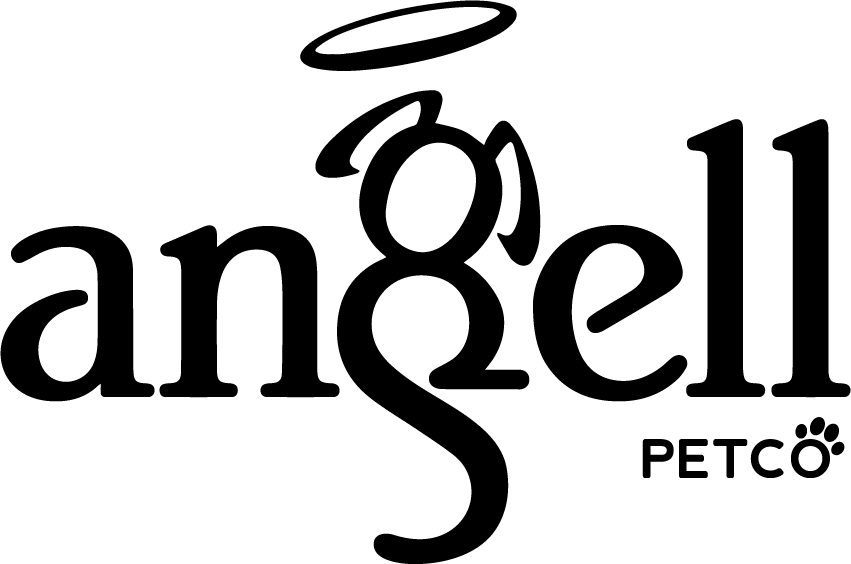Many dog owners complain that their pooches become destructive when they are left home alone — chewing furniture, defecating or urinating in places they shouldn’t, barking, howling and trying to escape.
Although these are common behaviours you should train a dog out of, they can also indicate that your dog is distressed and suffering from separation anxiety. Other signs of separation anxiety include acting up when you try to leave your home, preventing you from leaving the property and excessive drooling.
What Triggers Separation Anxiety?
A dog experiences separation anxiety when they become worried about being separated from their owner. As a result, they often try to escape to find their owner and join them, resulting in potential self-injury and destruction around the home.
Some dogs start howling, barking and being destructive when their owners try to leave their home, while others do not react until they are left alone for a few minutes. When the owner returns, the dog is usually overexcited and responds as though the owner has been away for years. The key to combating separation anxiety is to reward the dog for being alone and getting the pooch to associate being alone with good things.
Symptoms of Separation Anxiety
The following symptoms indicate your dog is experiencing separation anxiety:
- Defecating and urinating in places they shouldn’t when you are away.
- Howling and barking when they are left alone.
- Chewing on furniture such as sofas and cushions, and household structures such as door frames, window ledges, doors and skirting boards.
- Injuries such as broken teeth, injured paws, cuts and damaged nails from trying to escape.
- Escape attempts through partially-opened windows or doors.
- Pacing back and forth when you are not present.
- Eating their excrement.
Why Does Separation Anxiety Affect Some Dogs?
There is no precise evidence for why some dogs develop separation anxiety. However, this behaviour is more common in dogs adopted from shelters, with potential abuse and ill-treatment in their background. Puppies that have been with one family their whole life are not so prone to anxiety. It has been suggested that a traumatic event or losing an important person can trigger separation anxiety in a dog. Abandonment, being given to a shelter, a change in daily routine or schedule, moving house, the death of a family member or the dog moving home to a new family can also cause them to develop separation anxiety.
Treatment for Separation Anxiety in Dogs
Counter-conditioning treatment is one of the most common ways to tackle separation anxiety in dogs. The aim is to change the dog’s perception of being alone from one of fear to one of relaxation, through good associations. This is achieved by associating something the dog fears or dislikes with something they love. In time, the dog is conditioned to believe that what they are scared of actually brings something positive, such as food, treats or a toy. The dog then begins to create an association of being alone with good things.
To start this pattern of learning with your dog, try to offer them a puzzle toy (to earn treats), their favourite toy or a bone every time you leave the house. Keep in mind that this will only work if your dog has mild separation anxiety.
Dogs that suffer from severe separation anxiety will need a more complex programme of counter-conditioning, including short periods of accustoming them to being alone when you are not at home. The periods of separation are gradually increased over time to get your dog used to being alone. Once this is achieved, introduce their favourite toy to get them to recognise being alone as a positive thing.
It’s worth noting that some researchers have explored a possible link between a diet rich in salmon (L-tryptophan) and reduced anxiety in dogs. Salmon has many health benefits for dogs, so if your dog suffers from anxiety you might want to move them onto a salmon-rich diet and see if this helps to improve their behaviour. Angell Petco’s Superior Adult Freshly Prepared Salmon and Potato dog food is naturally high in L-tryptophan and a perfectly balanced, hypoallergenic food for your dog.

